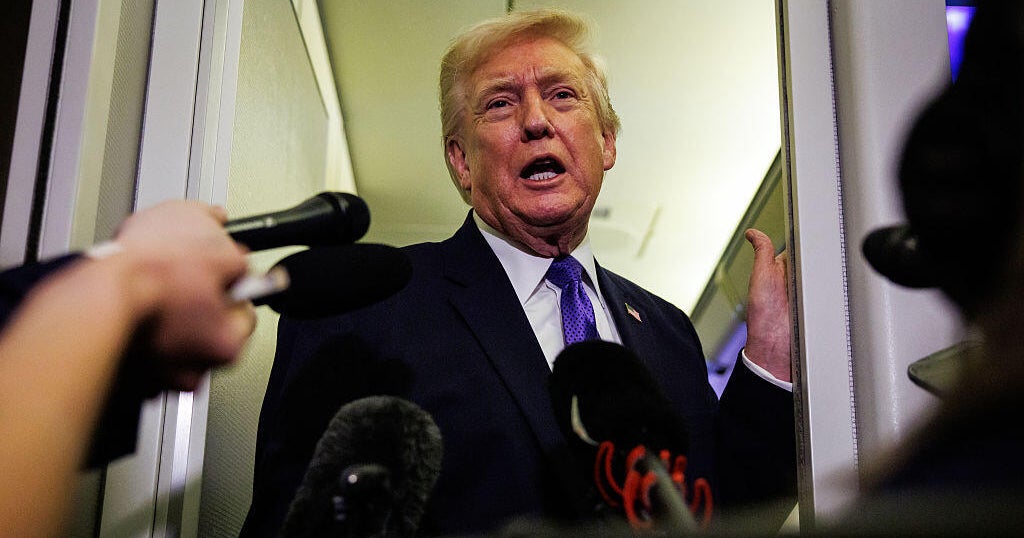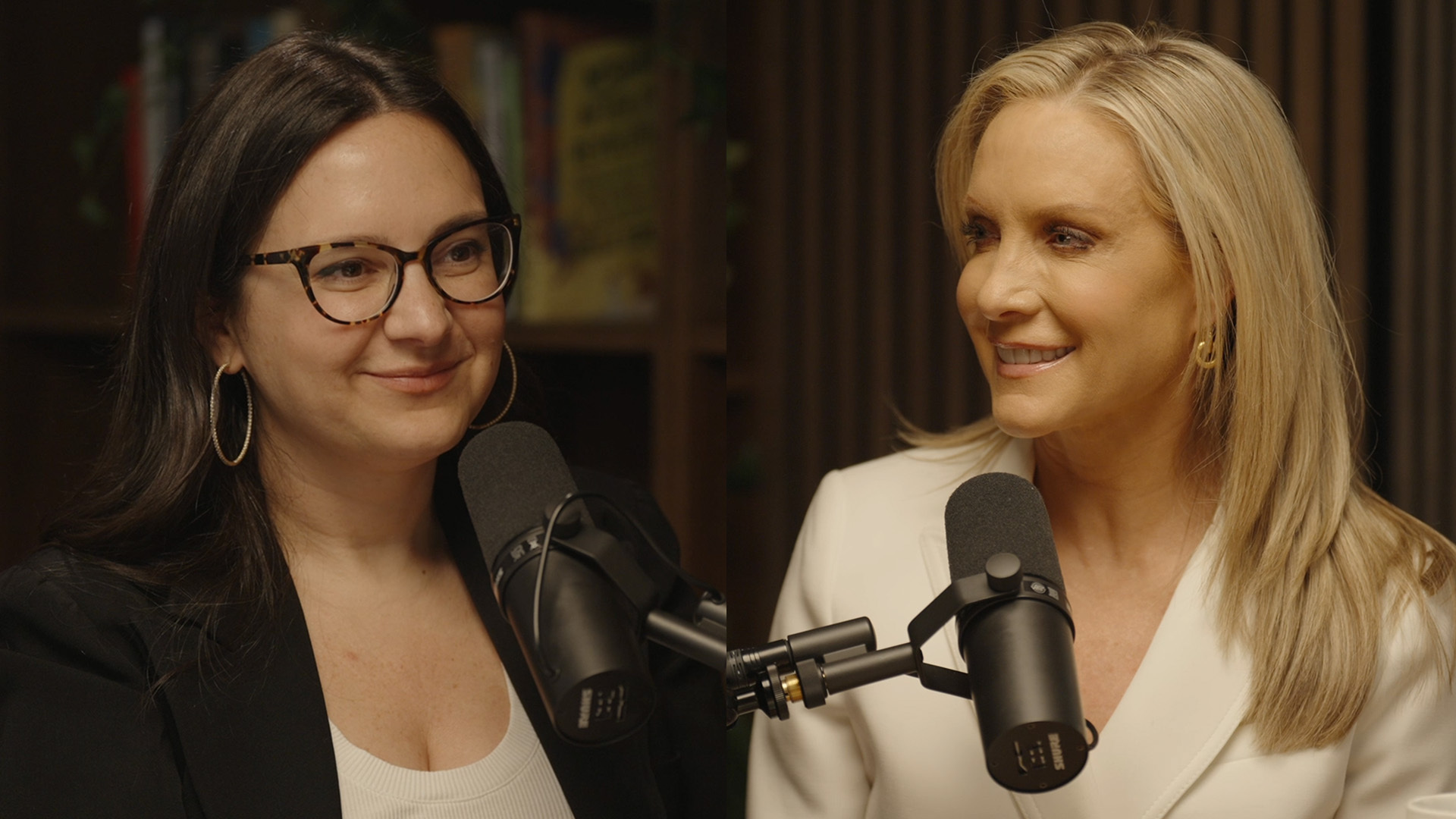Donald Trump on less-frequent intelligence briefings: "I get it when I need it"
President-elect Donald Trump on Sunday defended his decision not to receive the daily intelligence briefings that his predecessors did, saying he doesn’t want to be “told the same thing in the same words every single day for the next eight years.”
Asked on “Fox News Sunday” about his decision to receive a Presidential Daily Briefing (PDB) just once a week, which is highly unusual compared to other recent presidents, Mr. Trump replied: “I get it when I need it.”
“You know, I’m, like, a smart person,” he said. “I don’t have to be told the same thing in the same words every single day for the next eight years. Could be eight years -- but eight years. I don’t need that. But I do say, ‘If something should change, let us know.’”
He added that Vice President-elect Mike Pence and his top generals are receiving the highly classified briefings -- and said he’s always available to receive extra briefings if there are fast-changing situations that need his attention.
“These are very good people that are giving me the briefings,” he said. “And I say, ‘If something should change from this point, immediately call me. I’m available on one-minute’s notice.’”
Last week, on CBS’ “Face the Nation,” former CIA director Leon Panetta stressed how unusual Mr. Trump’s decision is, and said he is concerned by the president-elect’s seeming lack of interest in the intelligence briefings.
“Every president I -- I know, and I’ve worked under nine presidents, every one has taken their intelligence daily brief because that sets the agenda for what you have to focus on as president of the United States,” Panetta said.
Panetta added that there’s a big difference between checking in with intelligence briefers on occasion and getting an update each day -- and that for a president to really understand the universe of potential threats against the country, he or she must receive the briefing daily.
“You are constantly on the intelligence scale looking at a series of threats that may be out there,” he said. “Some of them may be credible. Some may not be credible. But those threats change on a day-to-day basis with new intelligence, with new sources, with new assets that provide information.”



